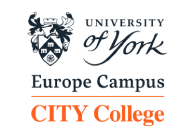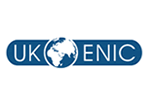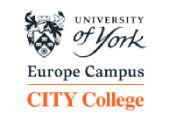Real-life project for Sani/Ikos Group by our Business Students
-
The context: twelve students - split into two groups - had the opportunity to work on a real-life project for Sani/Ikos Group, an innovative and fast-growing group of luxury resorts in unique beachfront locations in the Mediterranean
-
A rewarding learning experience: application of knowledge in the ‘real-world’ while working in close cooperation with business experts
-
Project key objective: delivery of an Employee Recognition & Appreciation Scheme proposal
Undergraduate students of the Business Administration and Economics Department of CITY College, University of York Europe Campus, had the opportunity to get first-hand field experience by working on a real-life project with Sani/Ikos Group, an innovative and fast-growing group of luxury resorts in unique beachfront locations in the Mediterranean. This invaluable learning opportunity featured the precious guidance of Ms Lia Zampetoglou (Director of People Experience) and Ms Lenia Tzelou (Talent Experience Senior Manager), together with an unforgettable company visit to Sani Resort in Halkidiki!
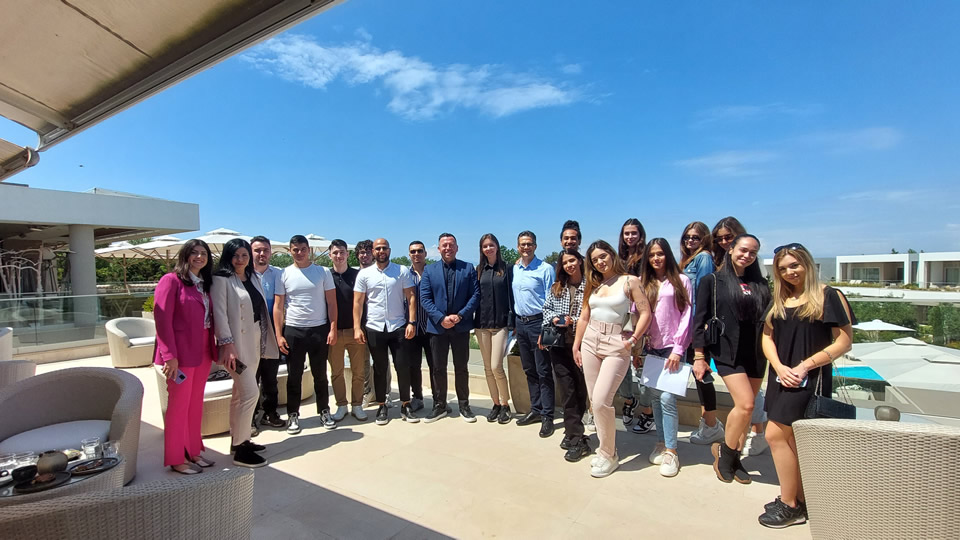
Our students successfully compiled and presented two comprehensive reports establishing Employee Recognition and Appreciation schemes for Sani/Ikos Group, intending to boost motivation, collaboration, and a performance-driven culture. Drawing on academic research about motivation, as well as resource-based and reinforcement theories, the reports outline upfront the key factors influencing employee motivation and interaction.
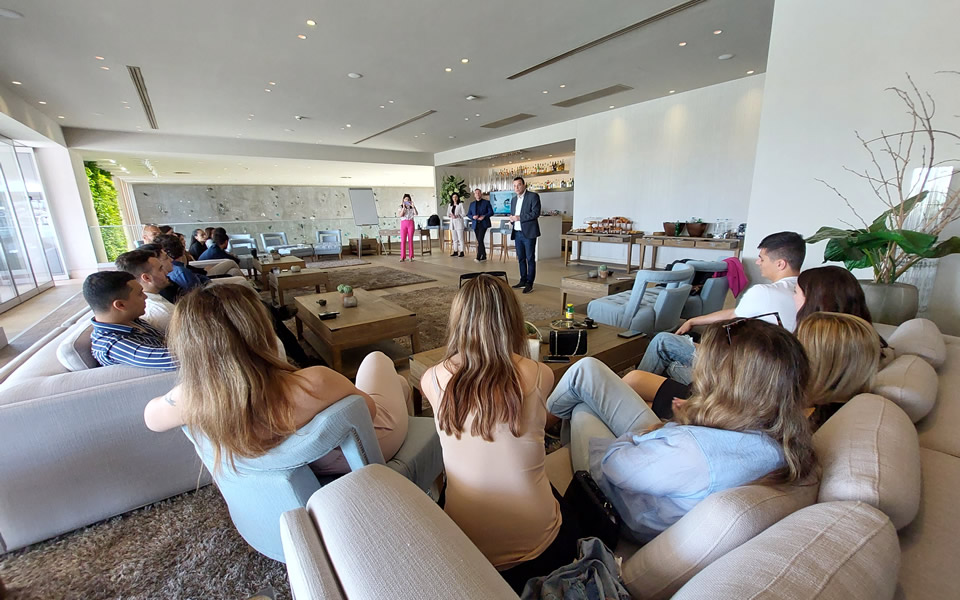
Following an assessment of various successful recognition schemes applied by world-class competitors, the reports propose reflecting the company's objectives, vision, and values in the incentive program. An open, equitable, and impartial scheme is essential, including a variety of monetary, non-monetary, and experiential rewards. Additionally, our students elaborated on financial analysis, providing multiple cost options based on available funds and partnerships. Detailed communication plans emphasising open, reliable communication, and appropriate feedback mechanisms such as the 360-degree evaluation were also featured.
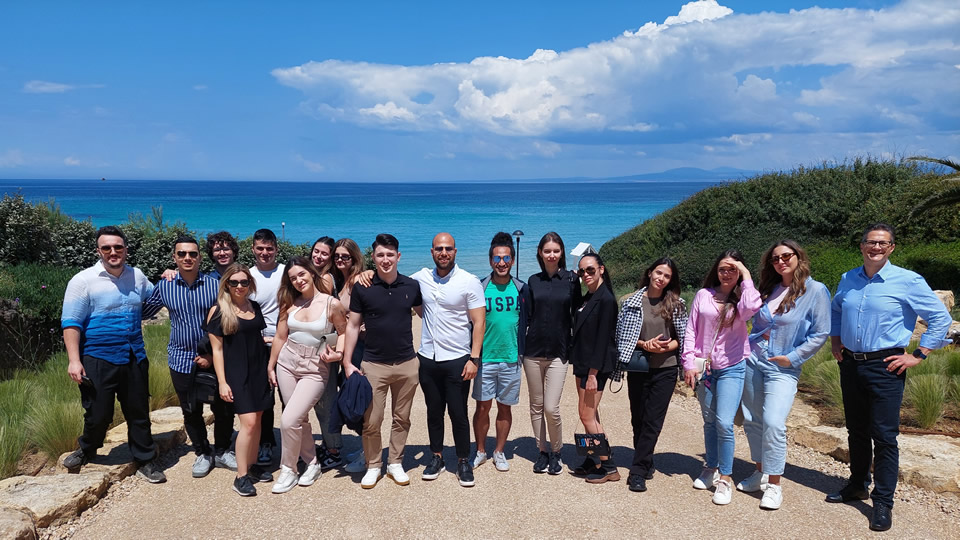
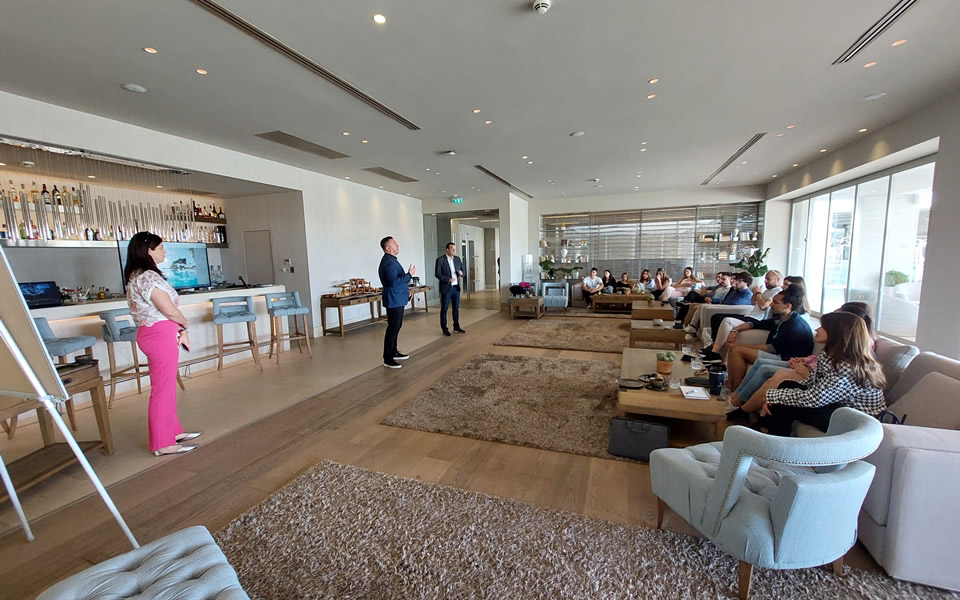
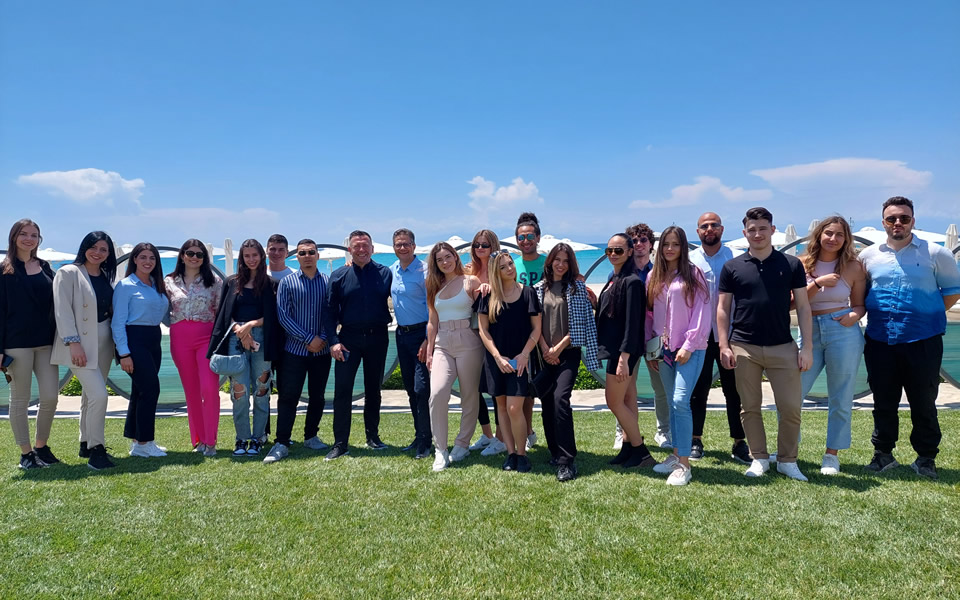
Ultimately, our students concluded that, by incorporating a mixture of reward types and feedback mechanisms, Sani/Ikos Group can foster a culture of recognition and appreciation, improving organisational outcomes and fostering employee motivation and performance.
The project was undertaken as part of the Practicum which represents a key component of all Bachelors programmes of the Business Department under the supervision of Dr Giovanni Serafini, Associate Professor. While working for their Practicum, business students learn new skills, work closely with accomplished professionals from a range of industry sectors, build up employability skills and competencies, and have one of the most rewarding learning experiences during their studies at CITY College, University of York Europe Campus.
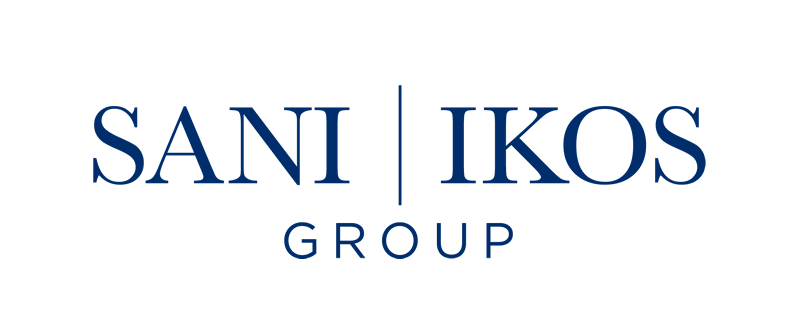
What is the Practicum?
Business Practicums are supervised action learning projects designed to provide students with an opportunity to manage a project for an organization (“participating company-client”). They aim to successfully bridge academic knowledge and the development of professional skills and employability.
They are team-based and normally delivered over a semester requiring students to devote an average of 150-200 hours in total (depending on the nature of the project). The student work is complemented by classroom-based teaching/mentoring.
The precise nature of the project can vary enormously depending on both the nature and the needs of the organisation. Participating companies can be large corporations or small local businesses. The common denominator is a genuine need for help with a problem or appreciation of the added value of some independent research beyond the resources or capabilities of the participating company. This may be a general management problem, a marketing issue, a finance matter or any number of specific challenges.
